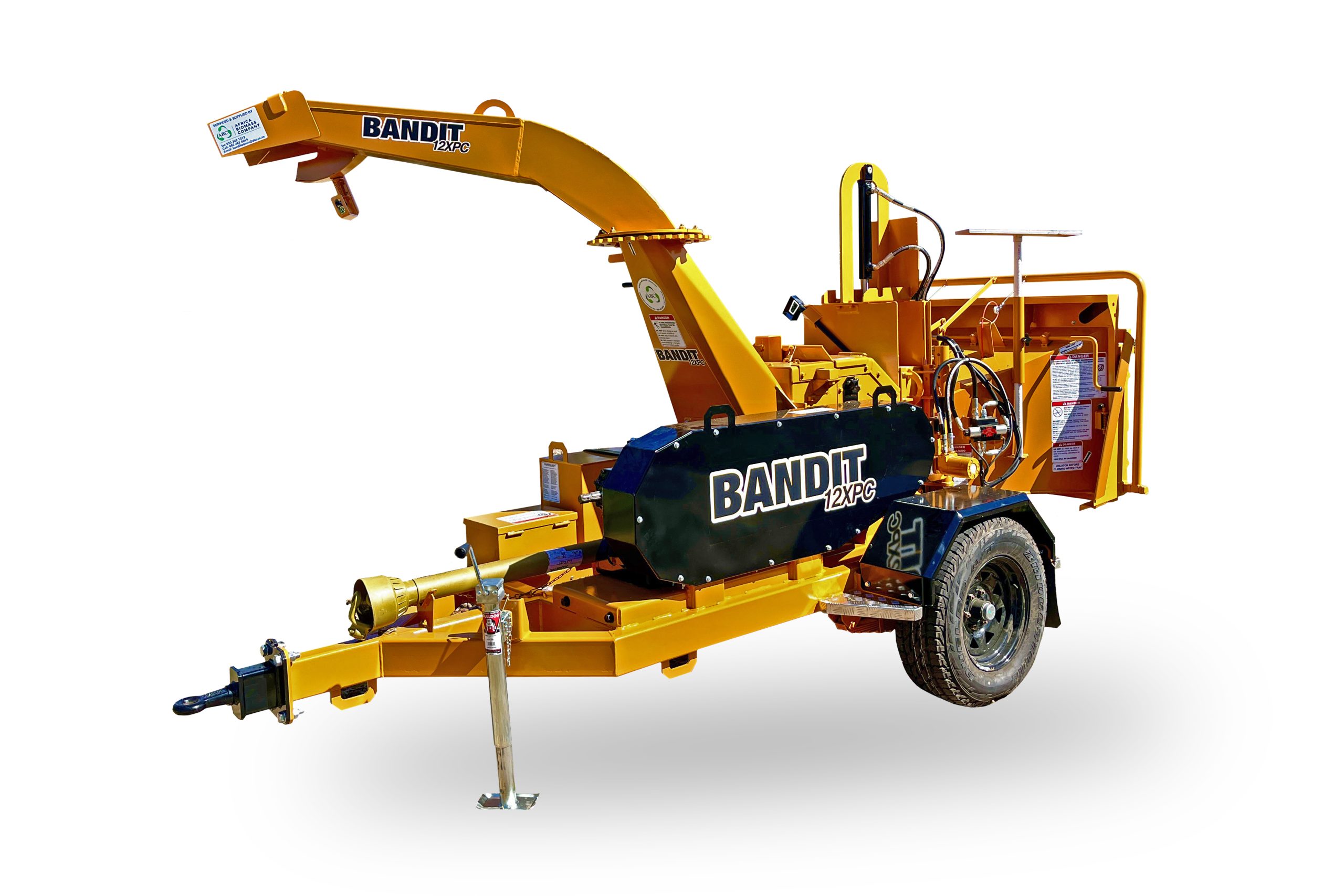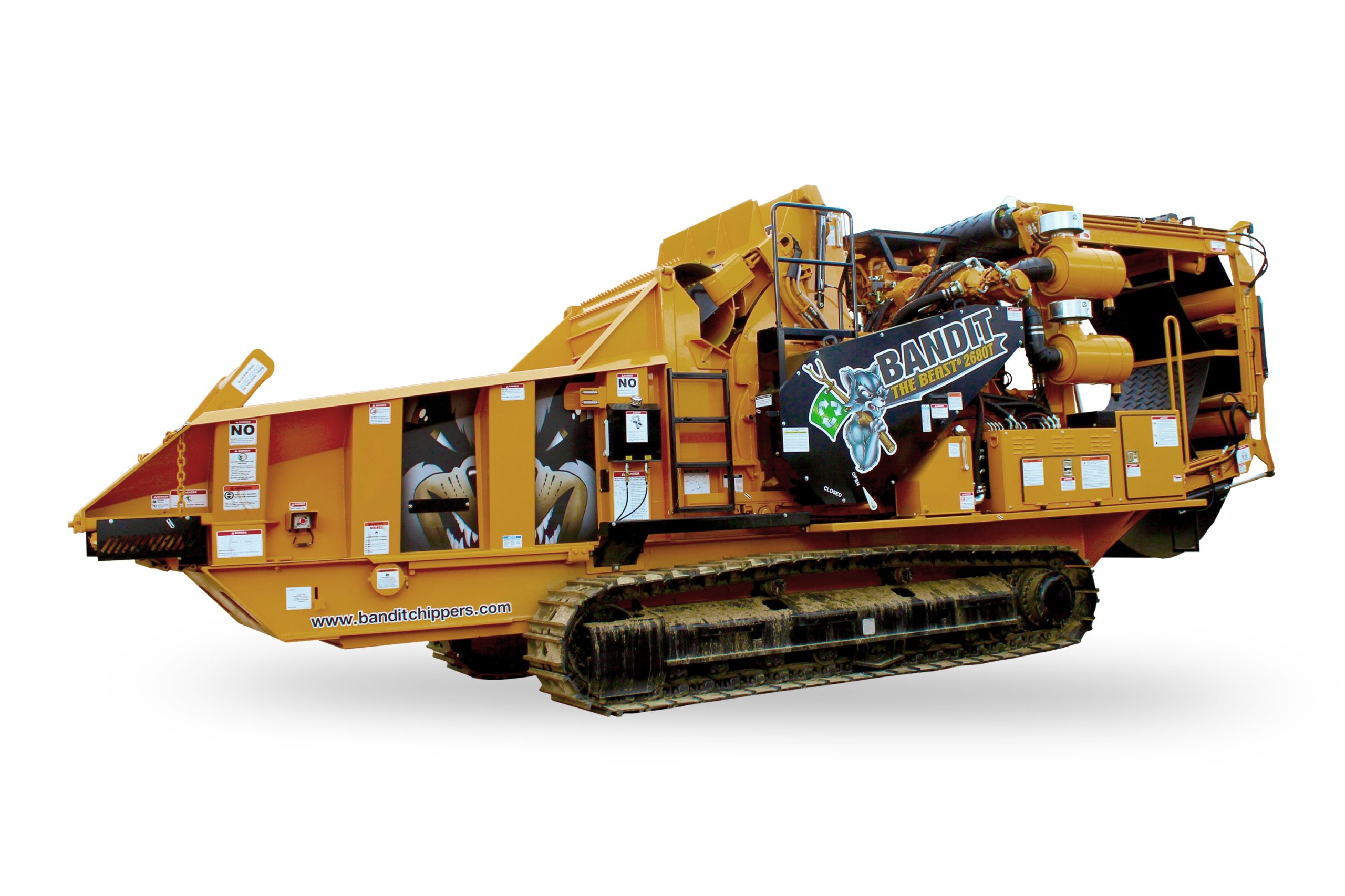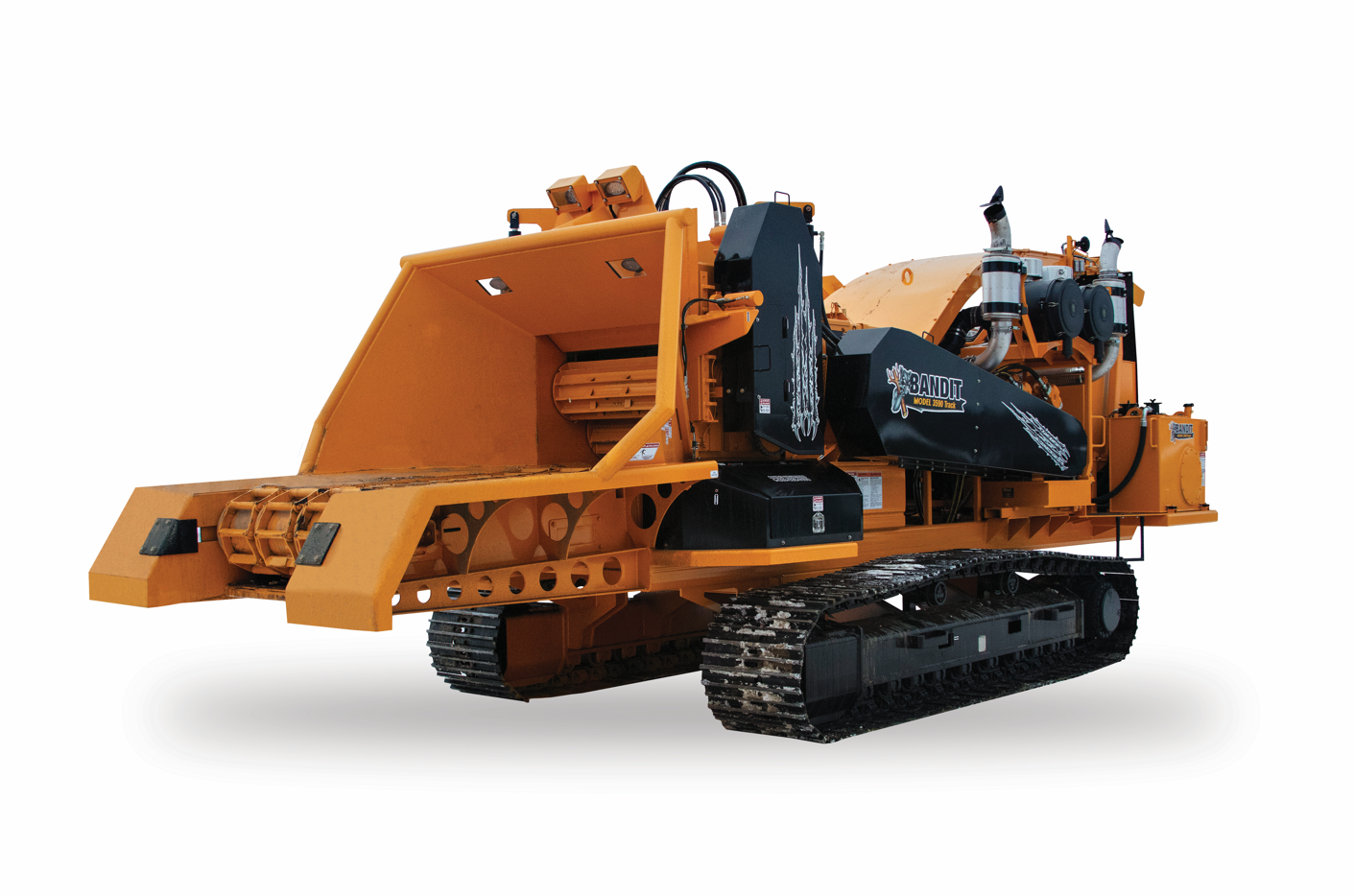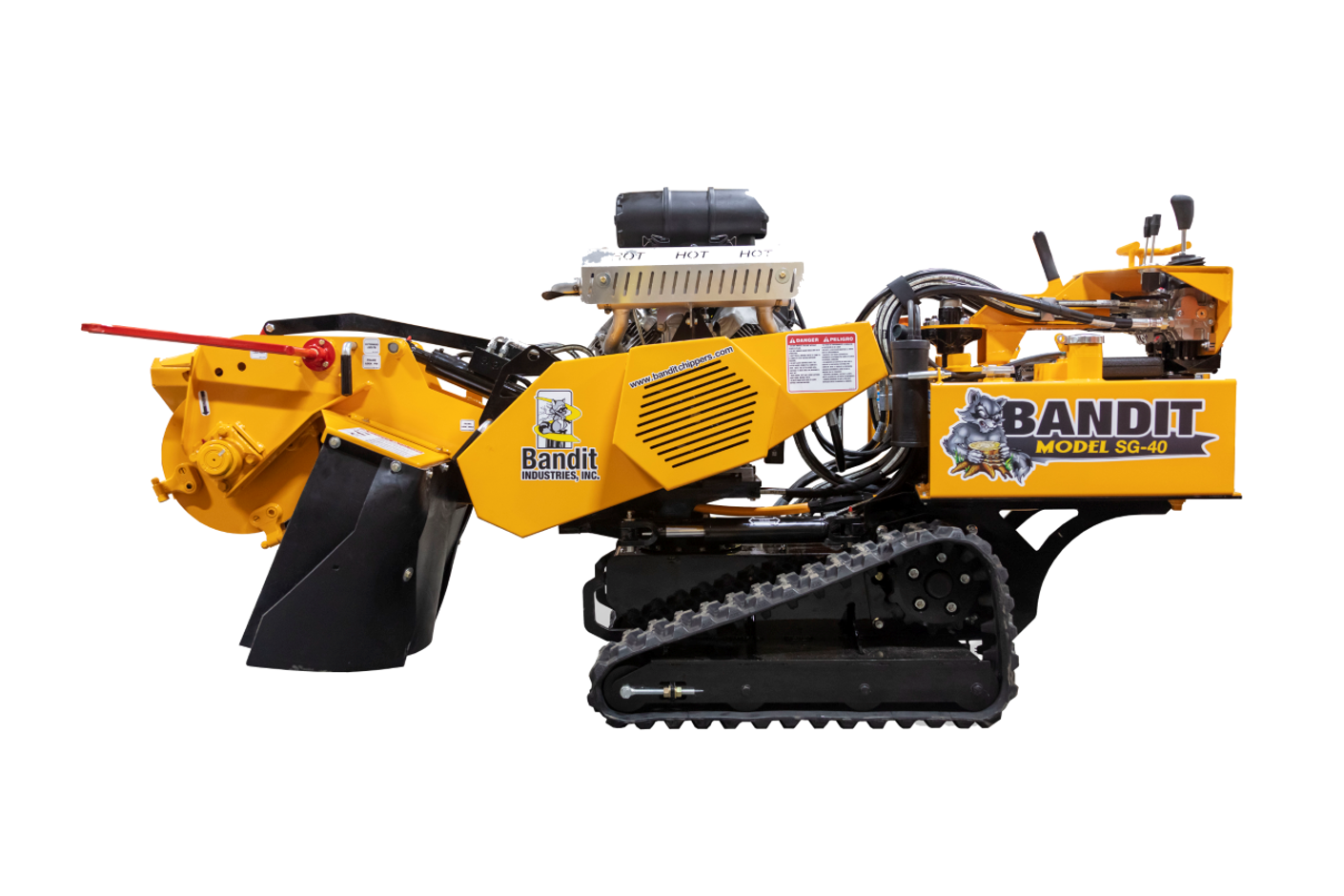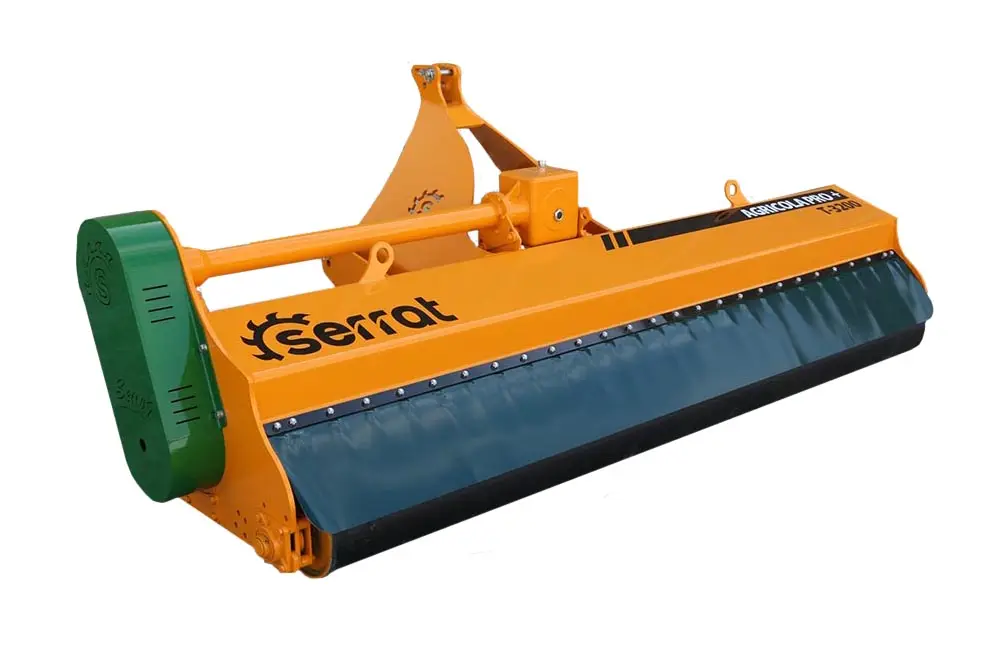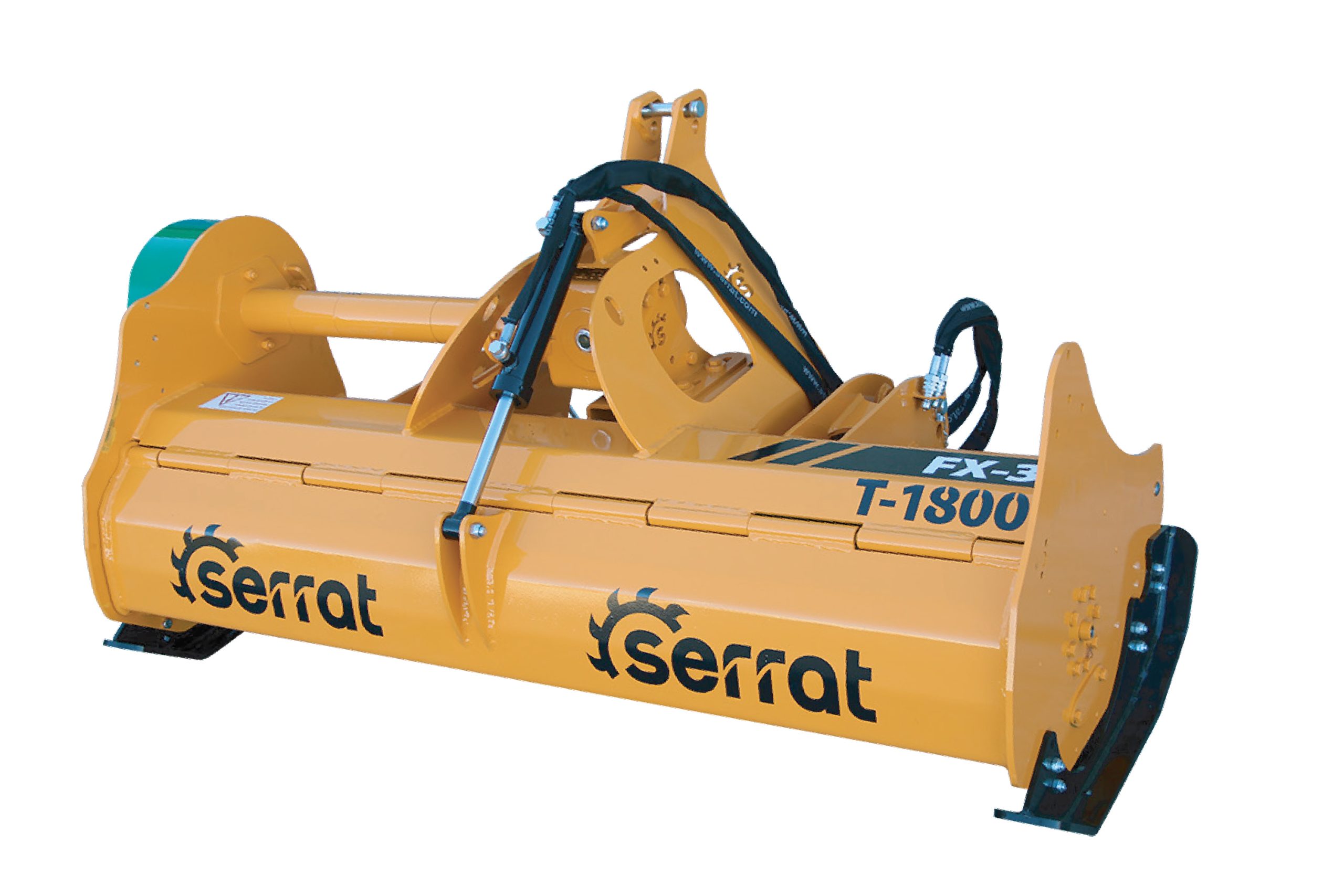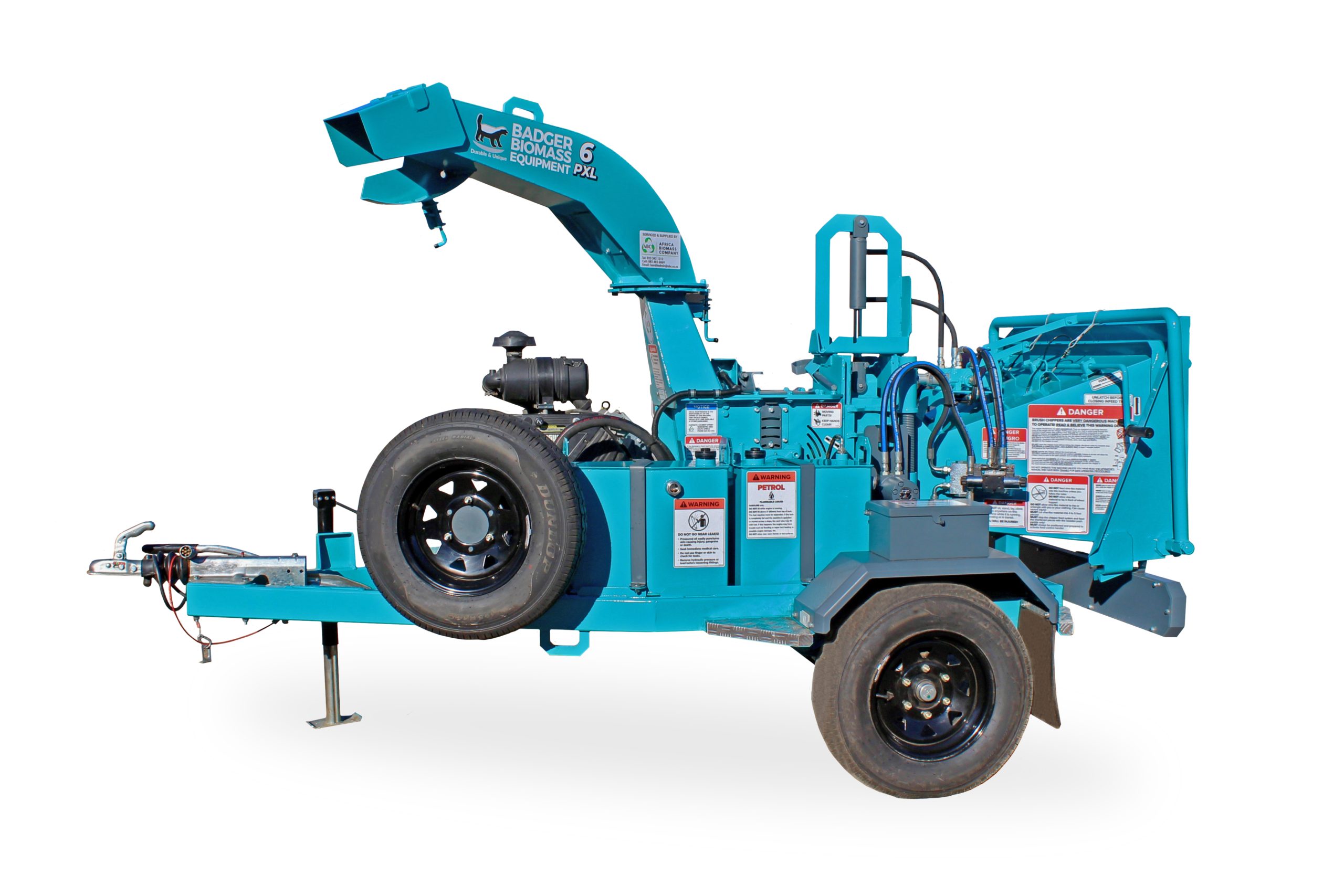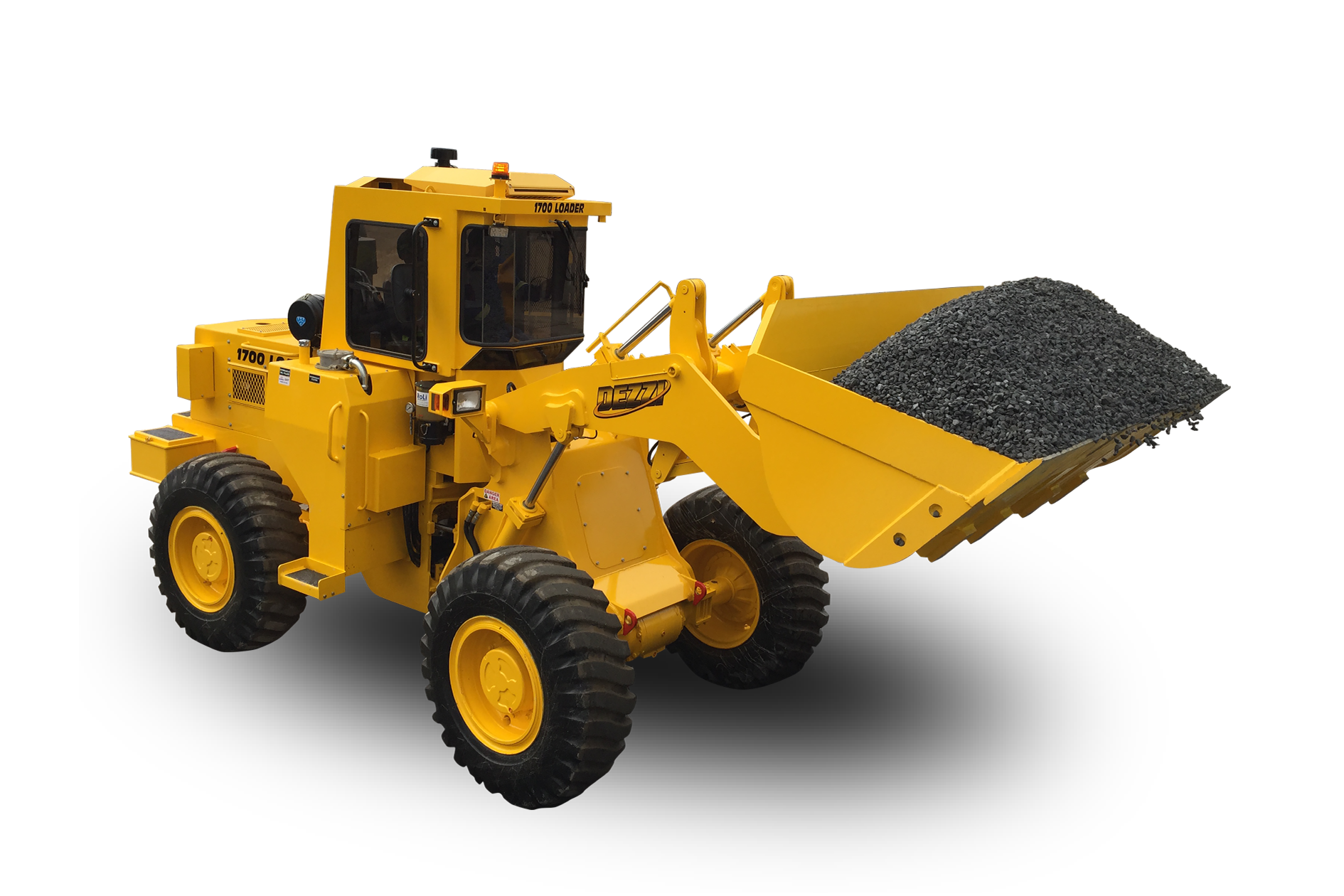Forestry Management Biomass Services
Africa Biomass Company’s newly established and dedicated forestry team specialises in delivering tailored solutions that meet the unique requirements of your plantation. Our forestry division focuses on several core operations, including under-canopy mulching, land preparation before planting, fire management, and biomass-to-energy initiatives.
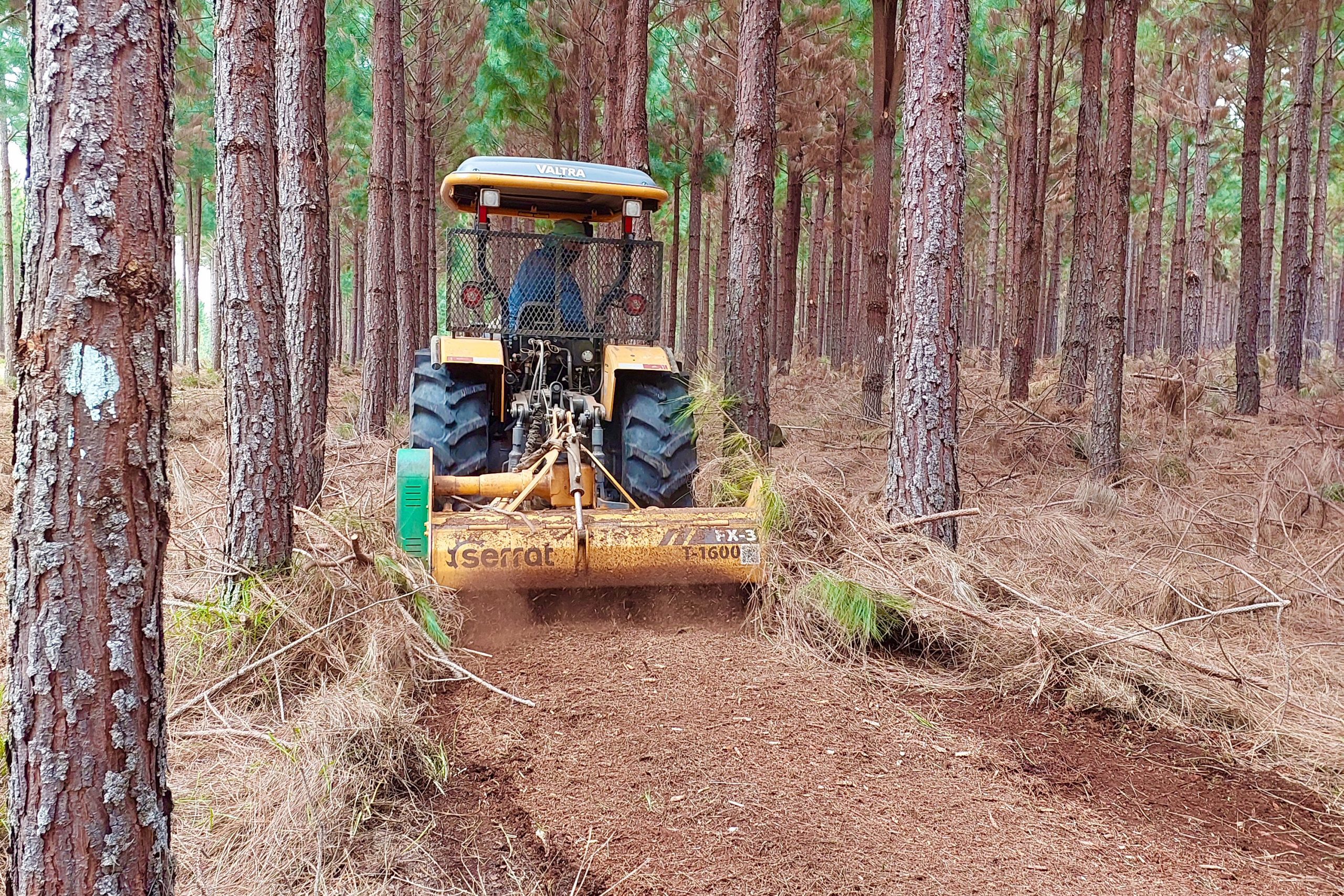
General Enquiries
We Pioneer Forestry Solutions for Sustainable Biomass Utilization
We employ various processing methods and cutting-edge technologies to handle non-traditional biomass resources such as plantation residue, alien invasive trees, and encroacher bush. Each methodology and technology is selected based on the specific biomass source and intended application, maximising value addition.
Our Forest Management Solutions
Serrat forestry mulchers have demonstrated their effectiveness as a comprehensive solution for land preparation before planting. Plantation managers see this as the future of single-step preparation, replacing previously used herbicides, burning, and manual labor, which were both labor-intensive and had a negative impact on soil health.
In South Africa, the practice of under canopy mulching is gaining traction as an integrated part of a fire management strategy to reduce fuel loads. ABC is excited about the results obtained through multiple trials in various regions using the rugged Serrat forestry mulchers to reduce fire load in an efficient, cost-effective, and ecologically beneficial way to the environment.
Correctly sourced biomass is environmentally friendly, renewable, abundantly available, and cost-effective fuel that can be combusted to generate heat for a variety of applications. Typical sustainable sources of biomass are offcuts from sustainably managed commercial plantations, recycled orchard and vineyard residues, and most importantly invasive alien vegetation that is cleared as part of river rehabilitation projects.
Harvesting and processing unwanted alien vegetation into a biomass end-product increases water runoff, decreases the risk of bushfires, reduces methane emissions, and restores natural vegetation.

